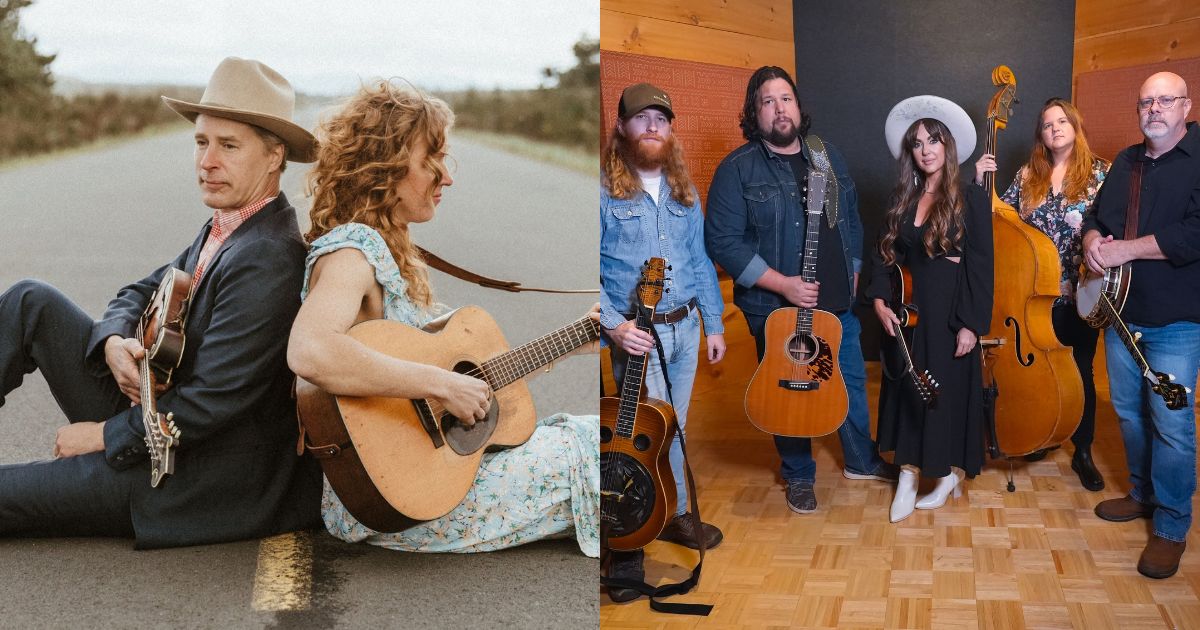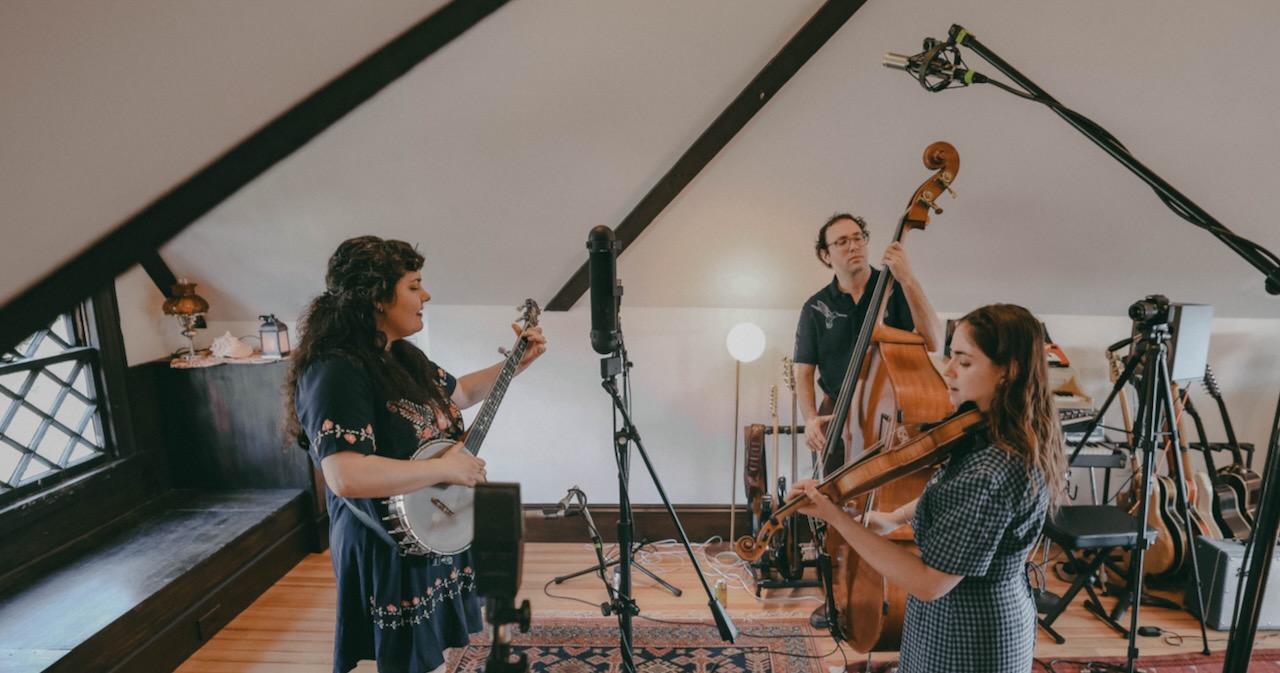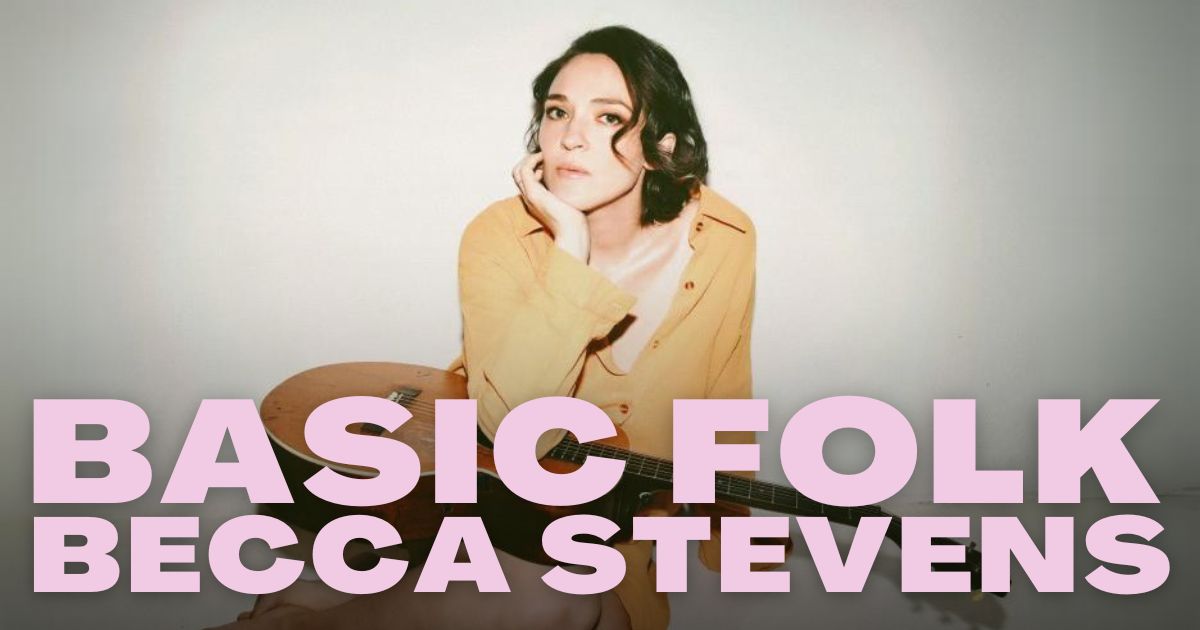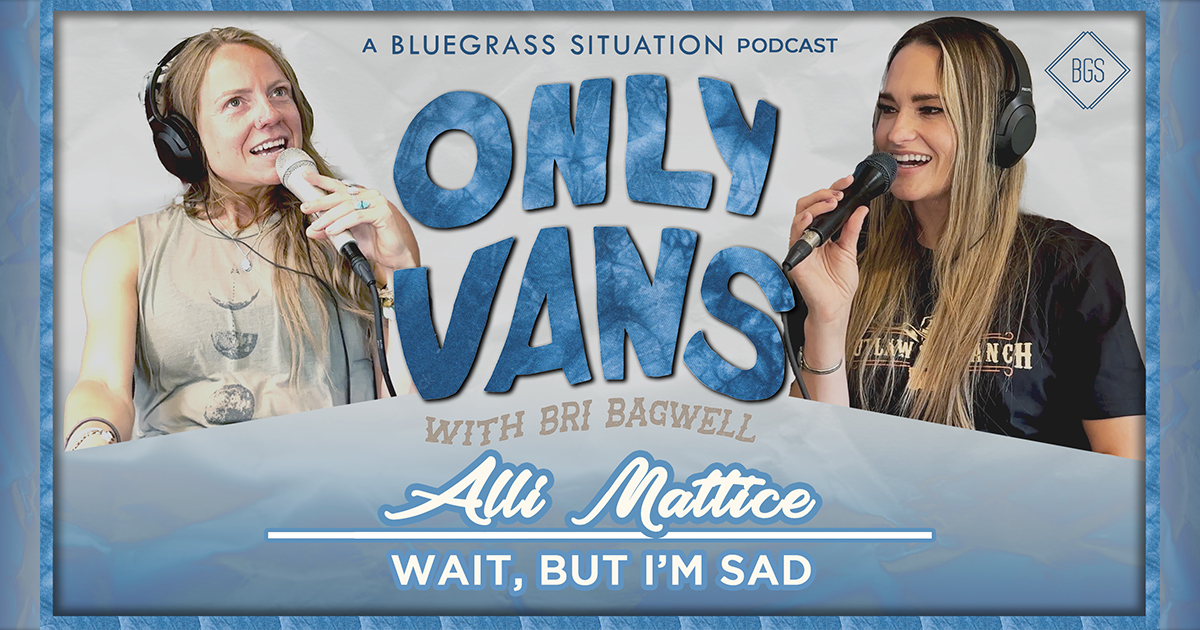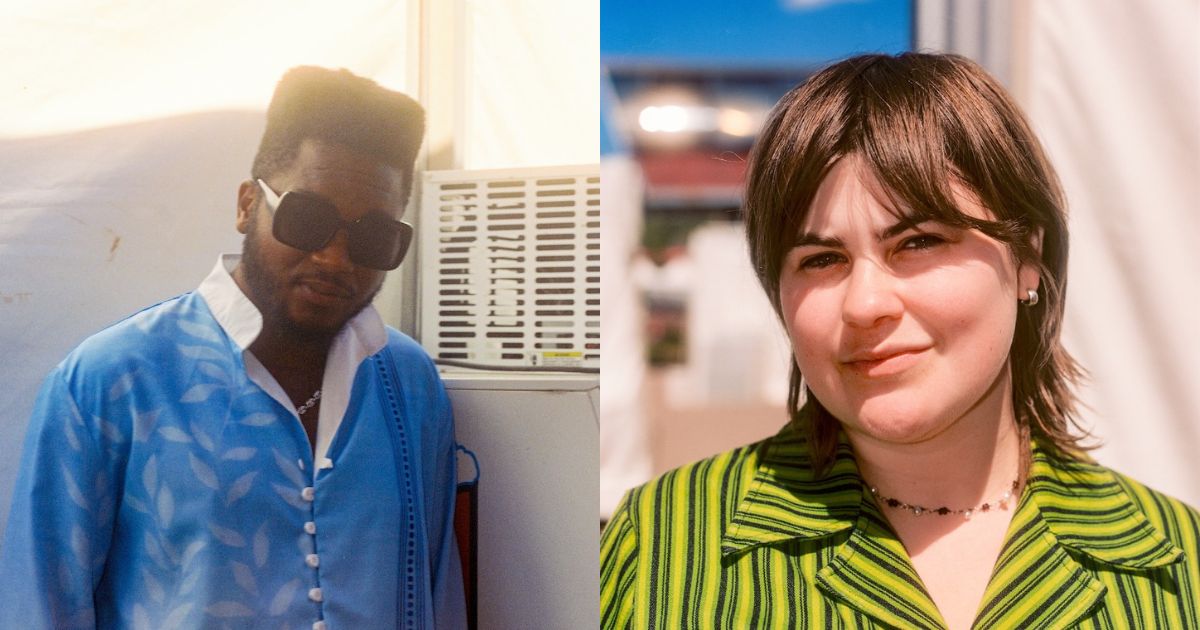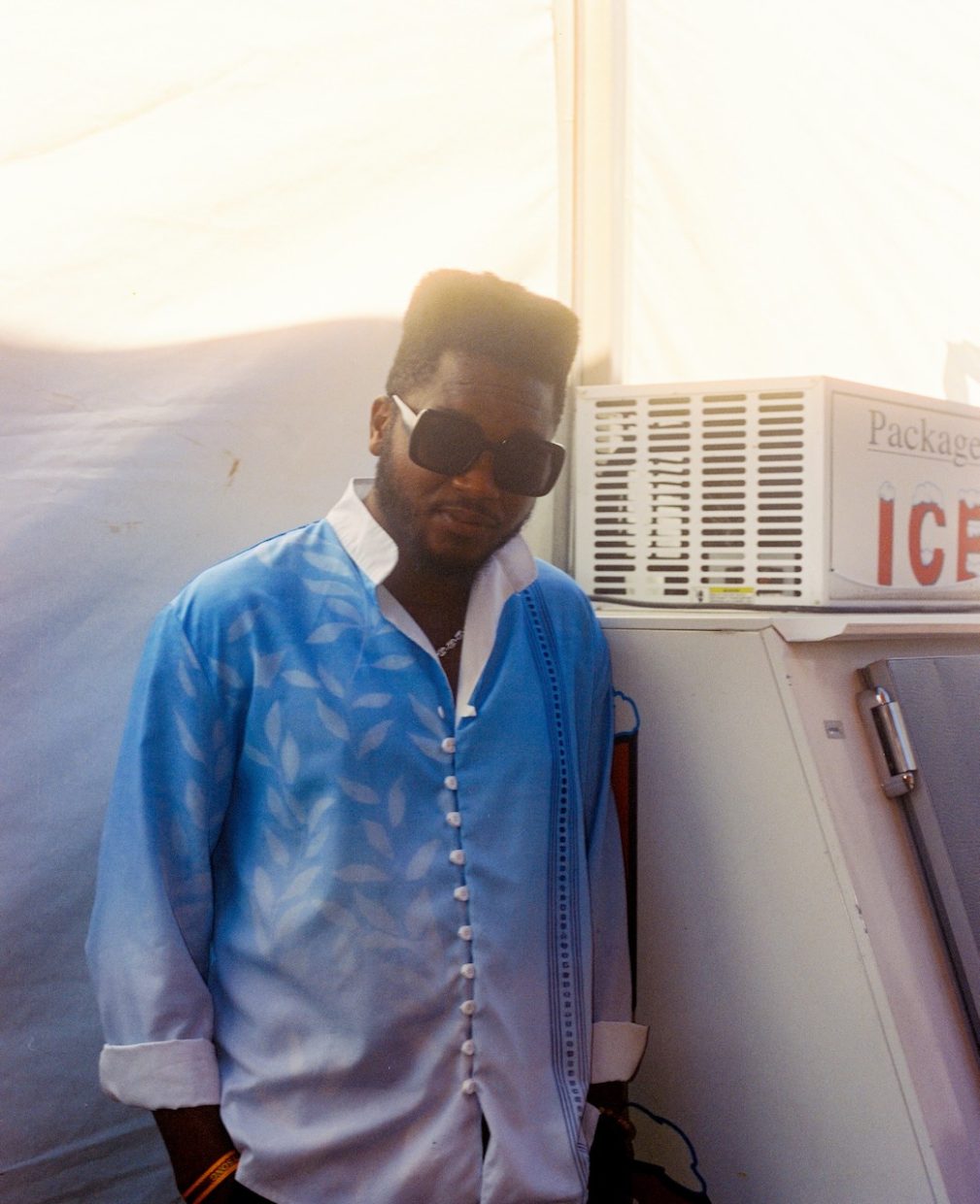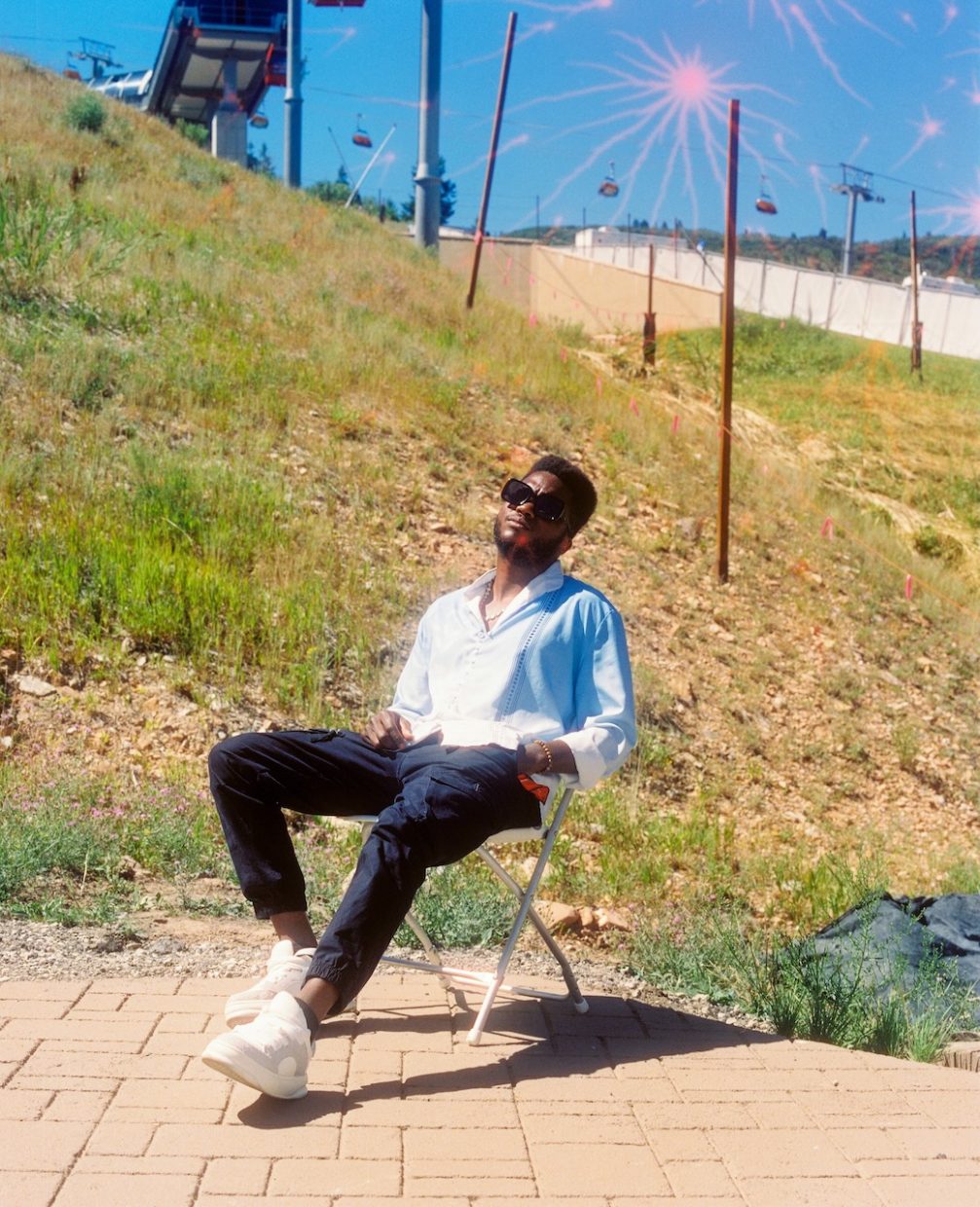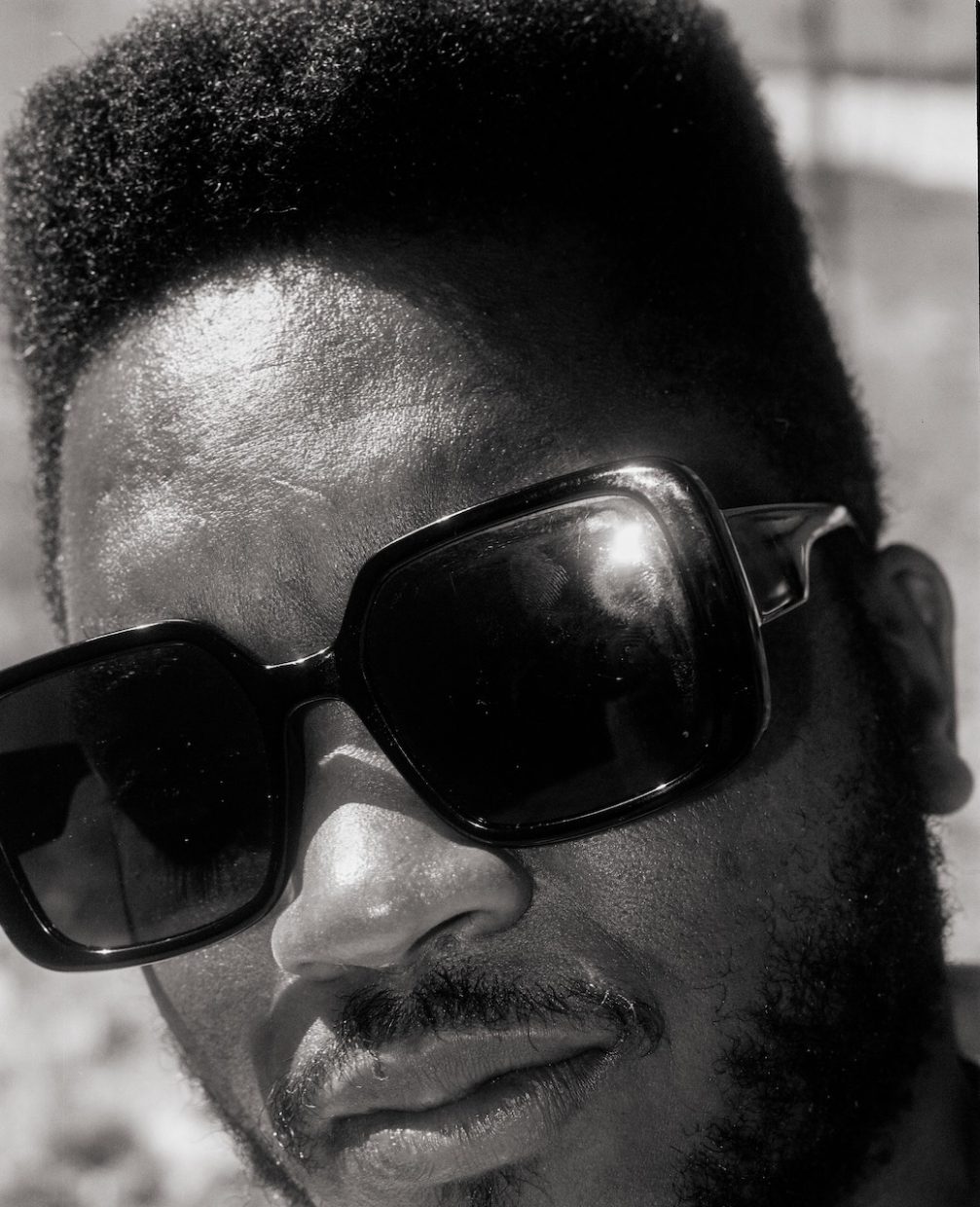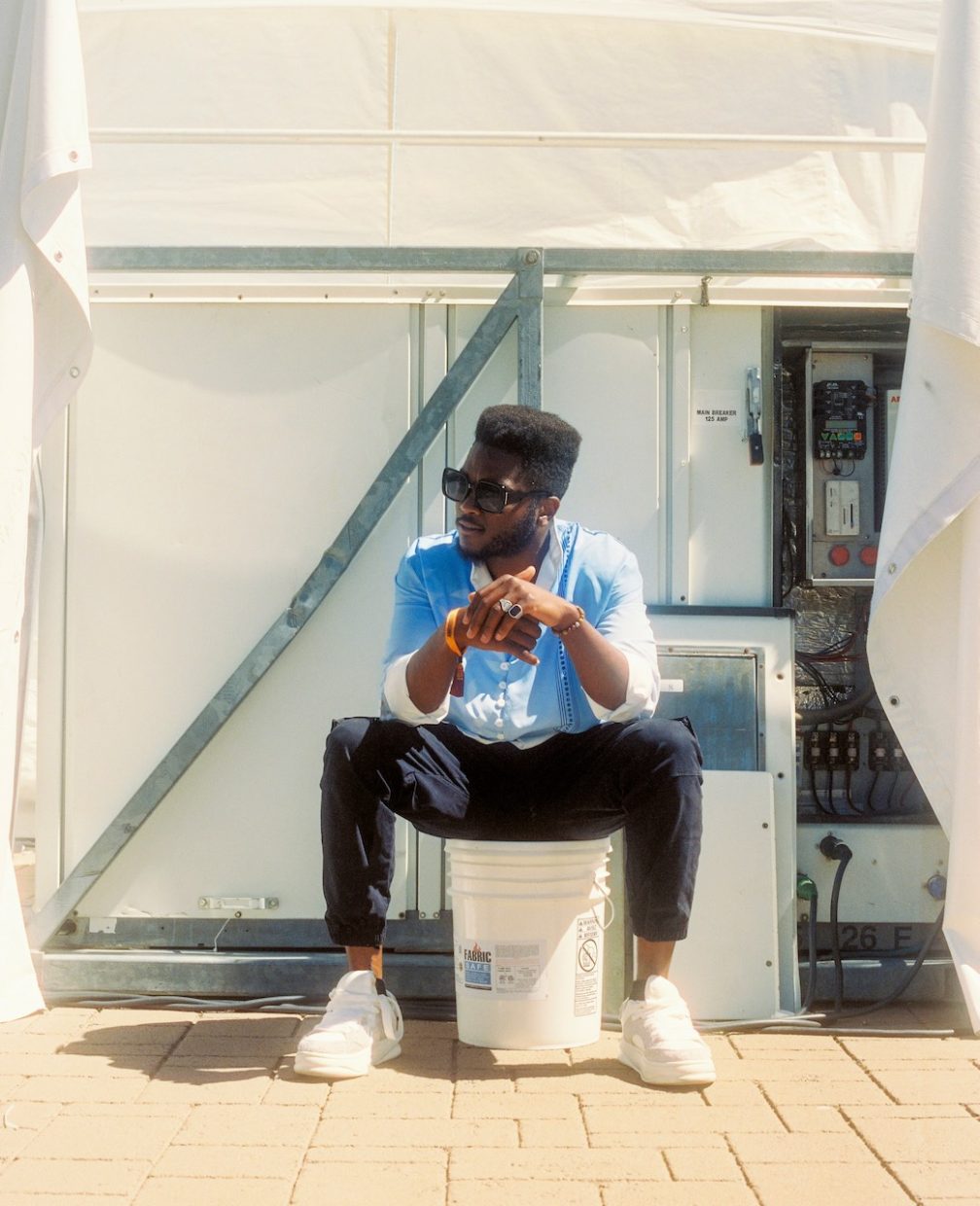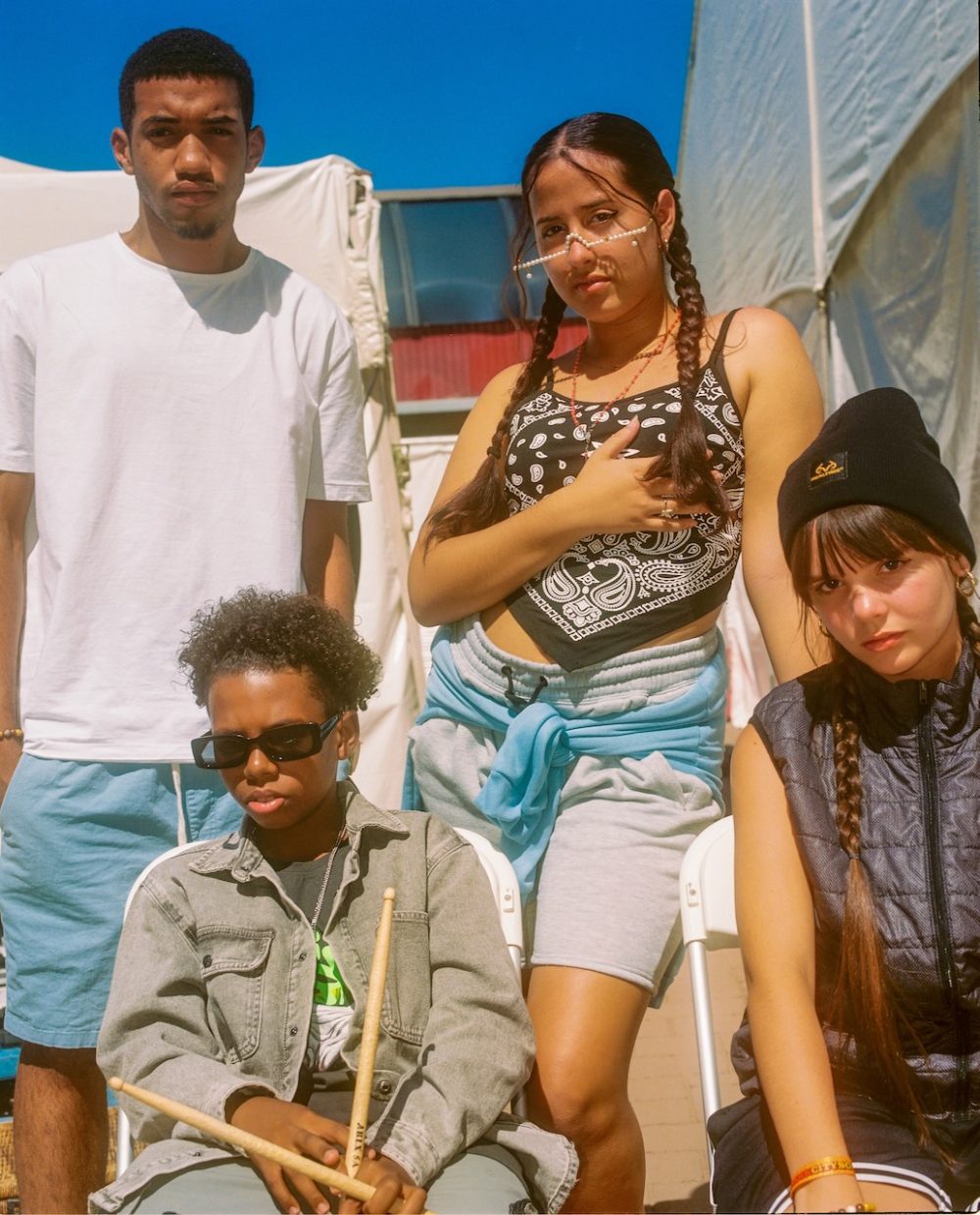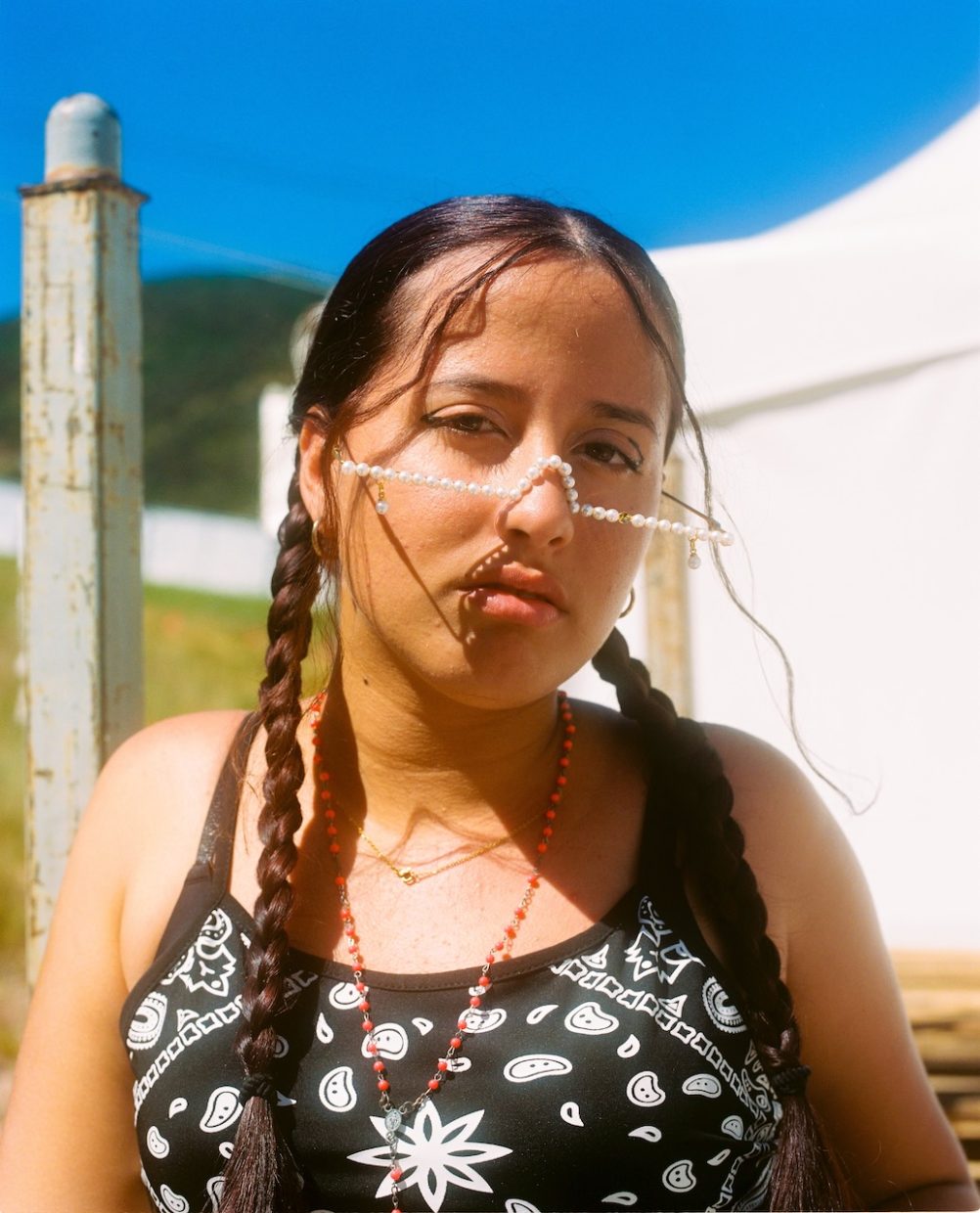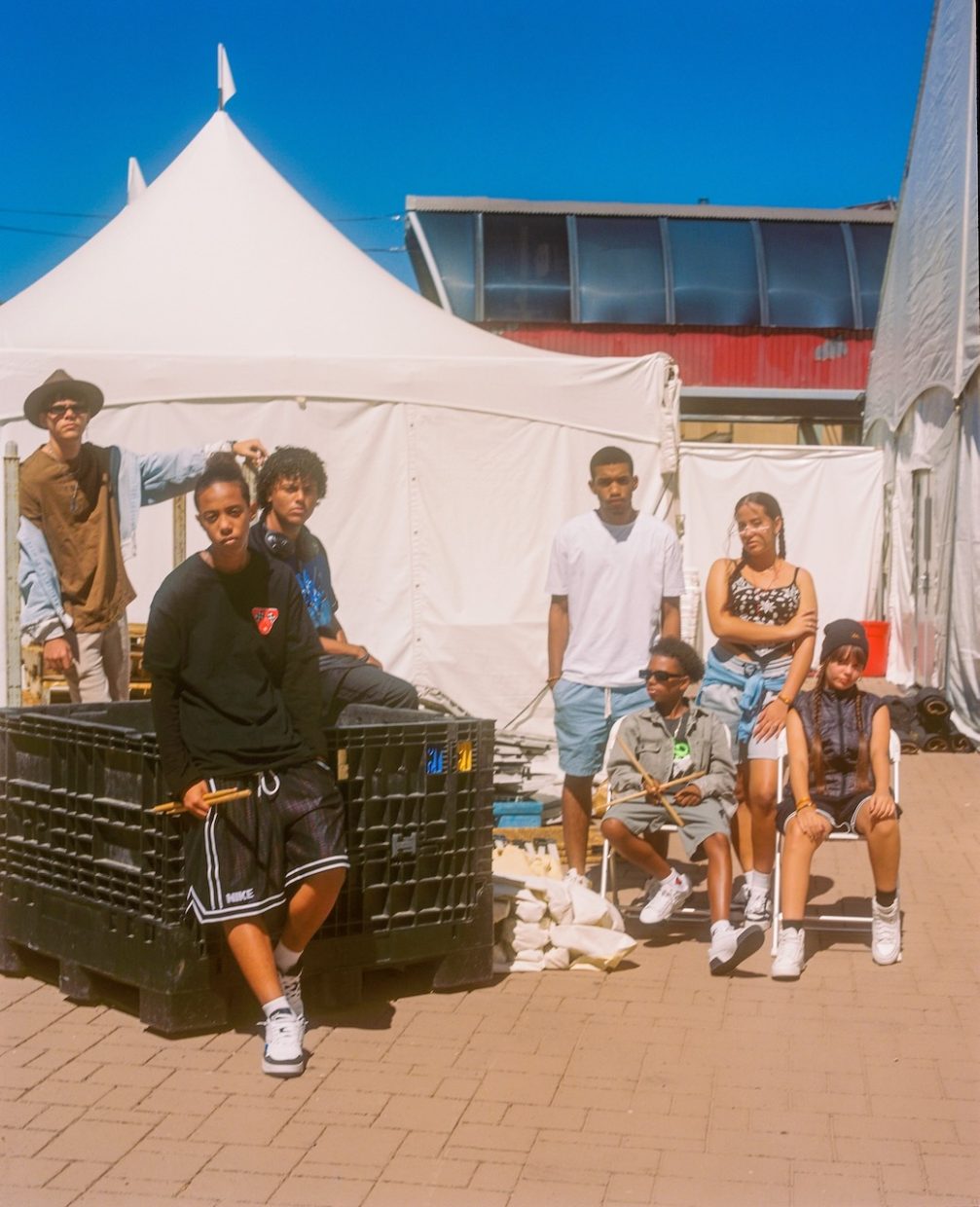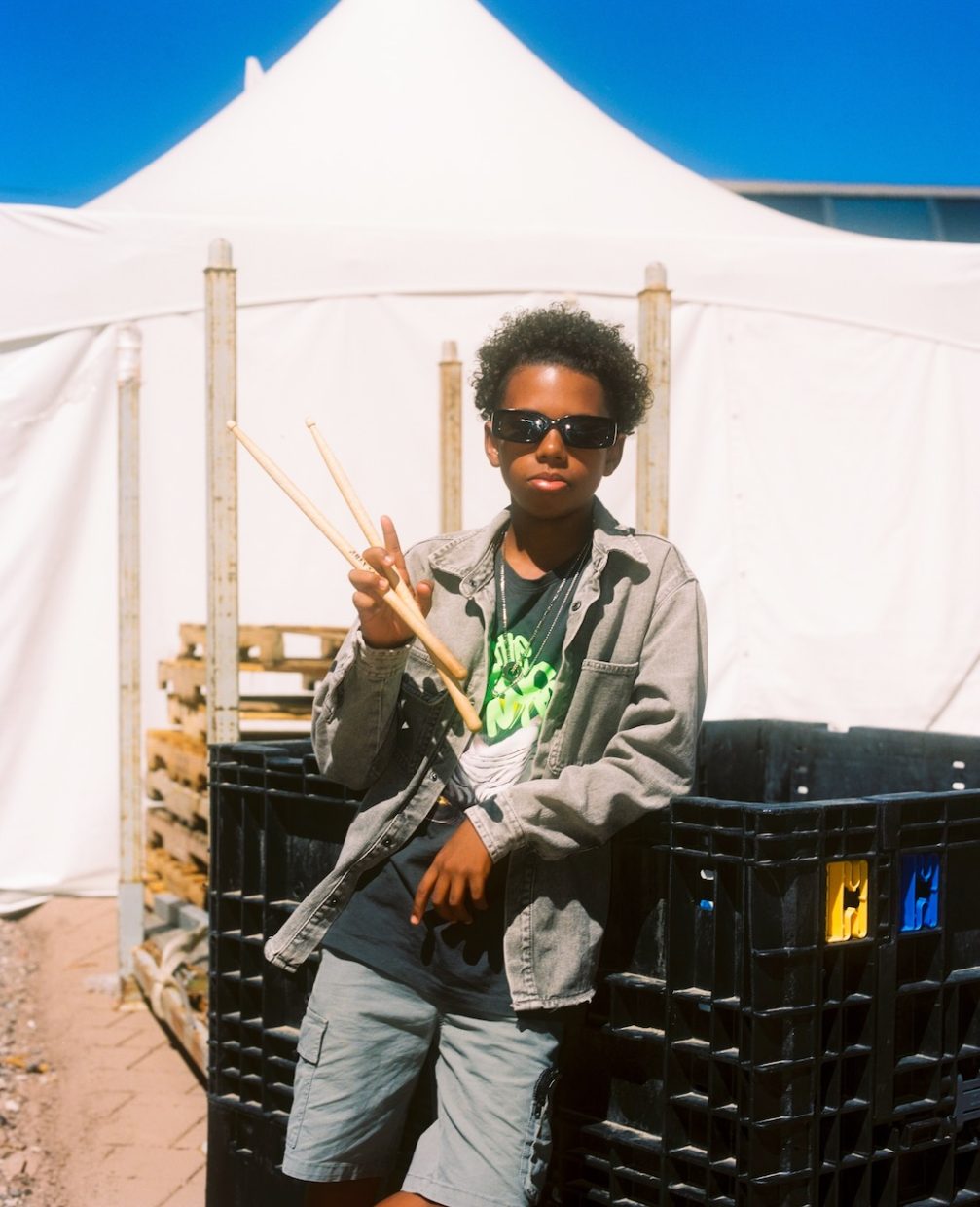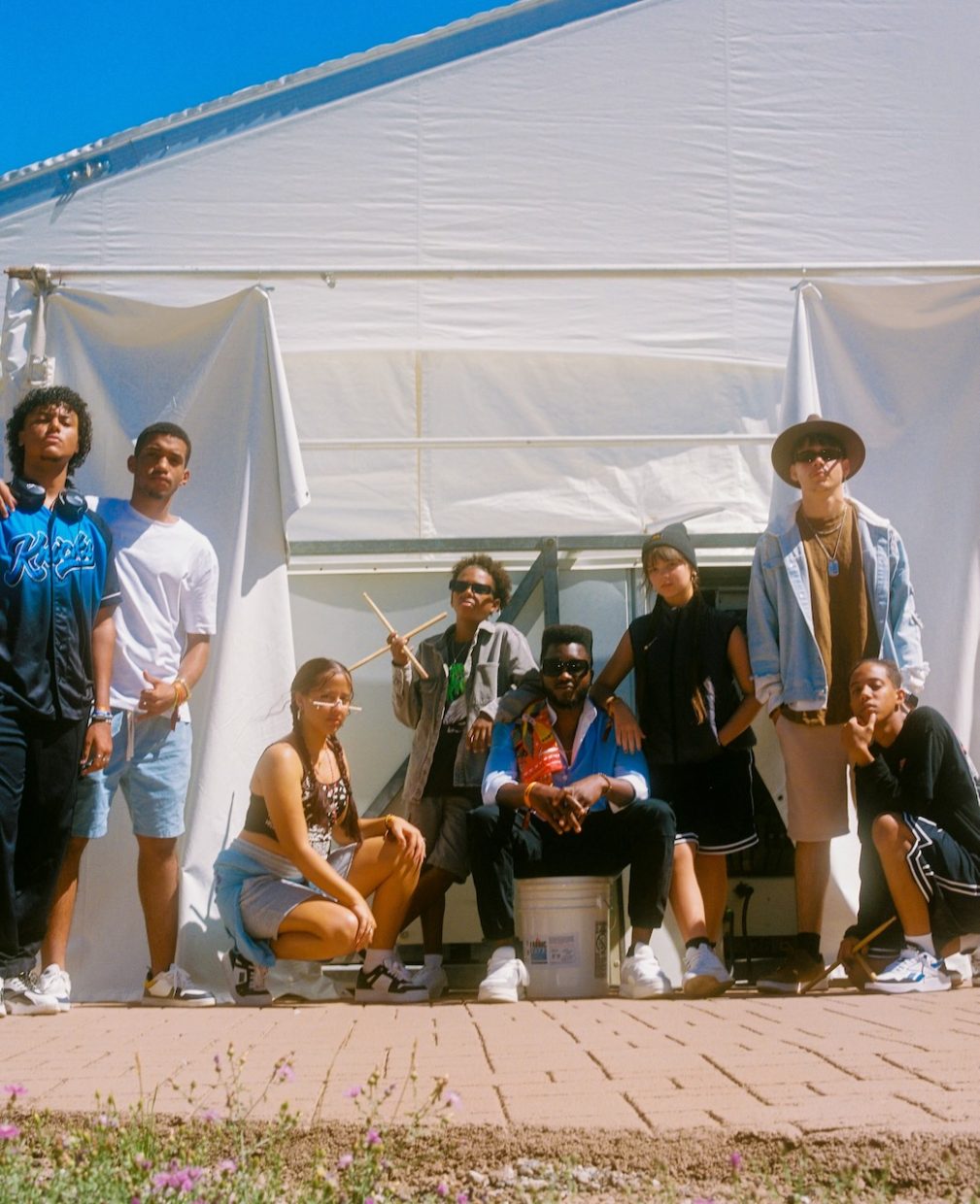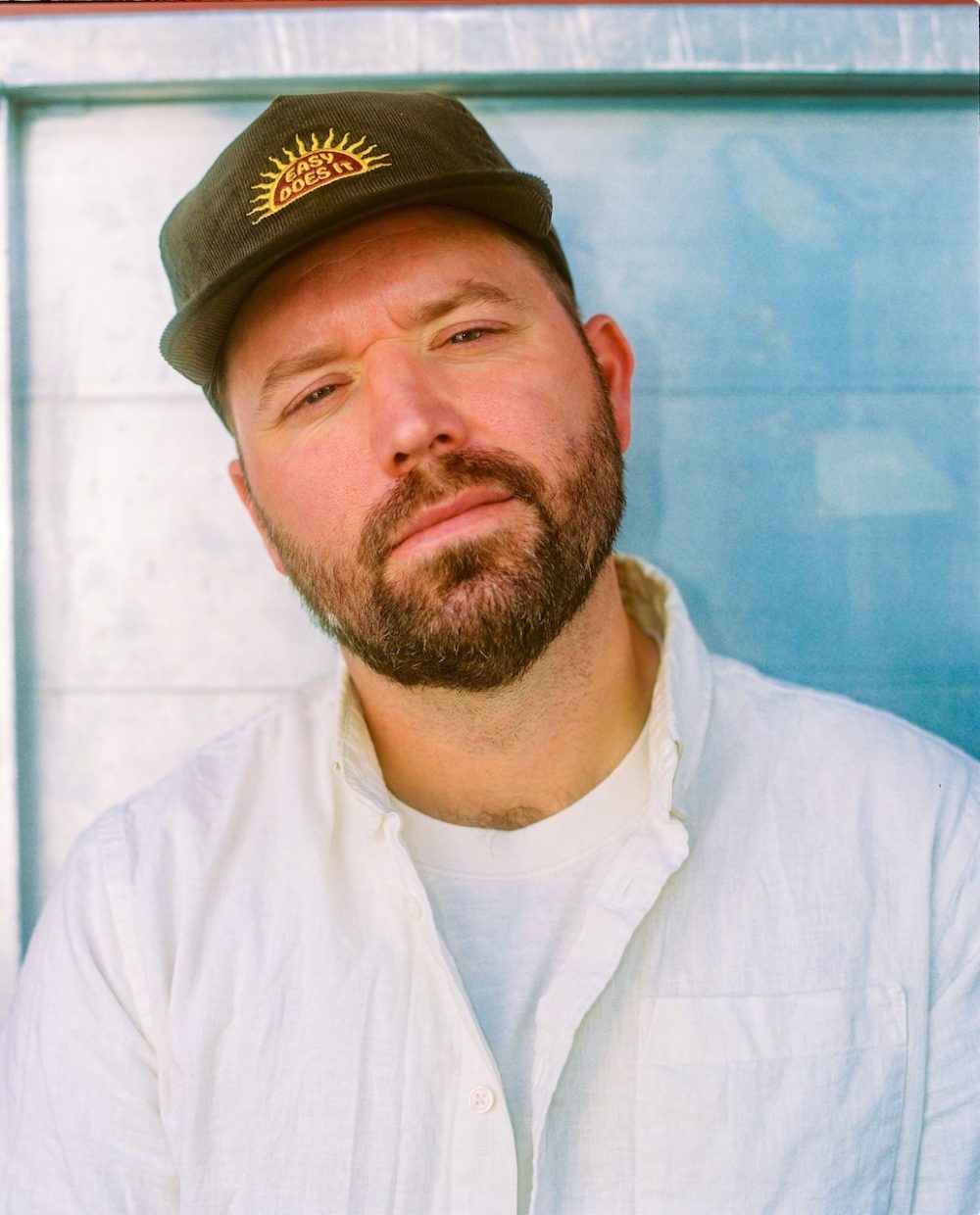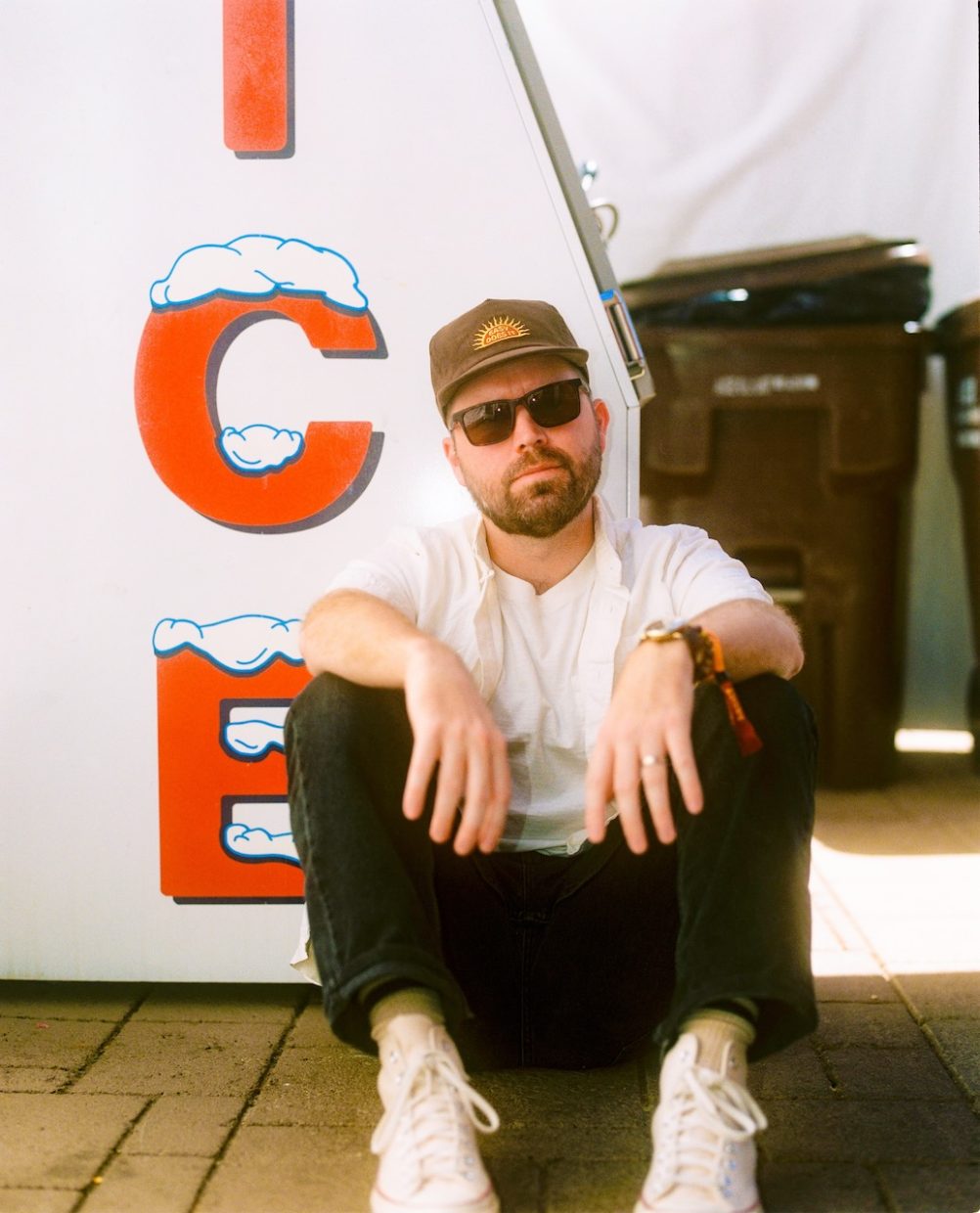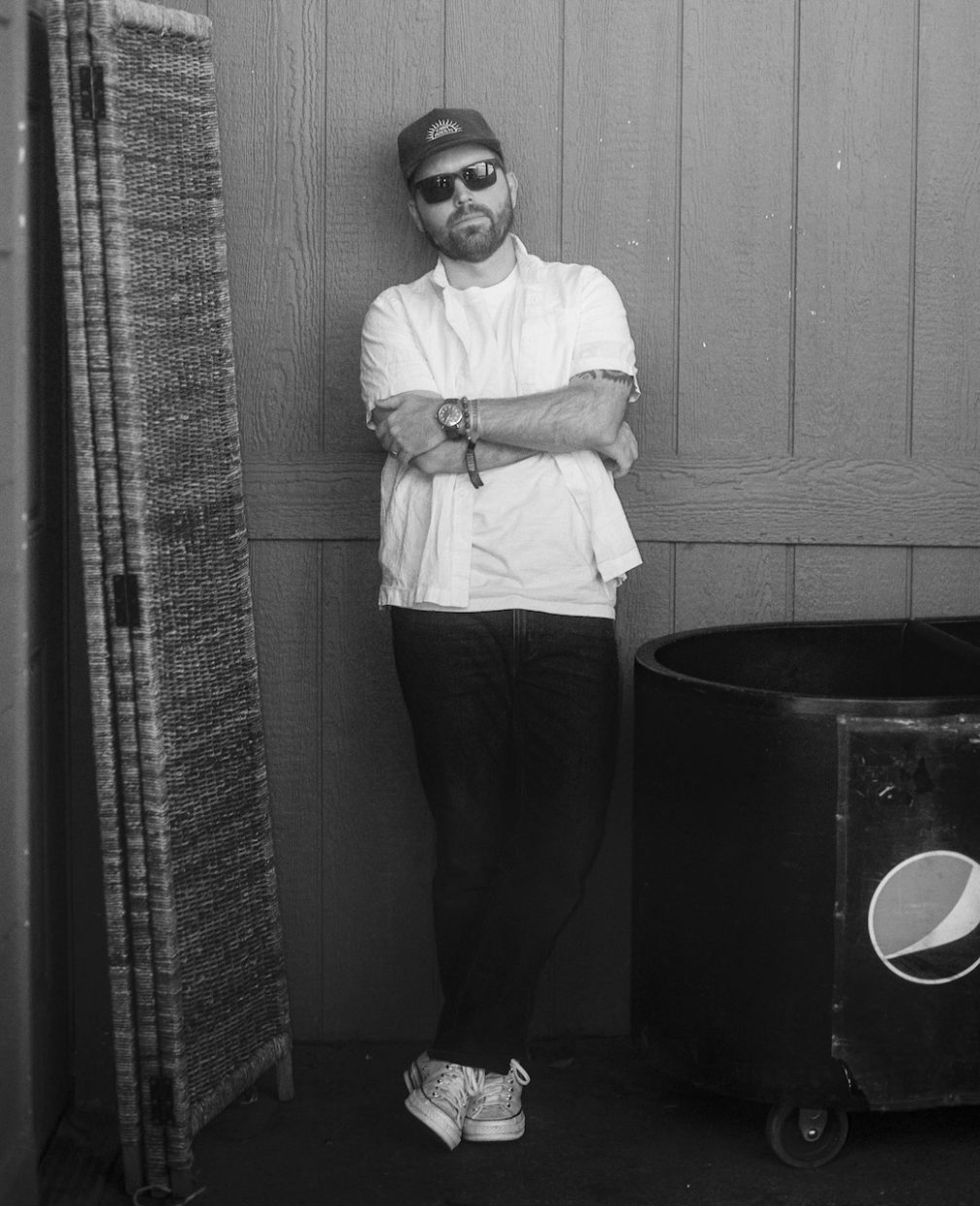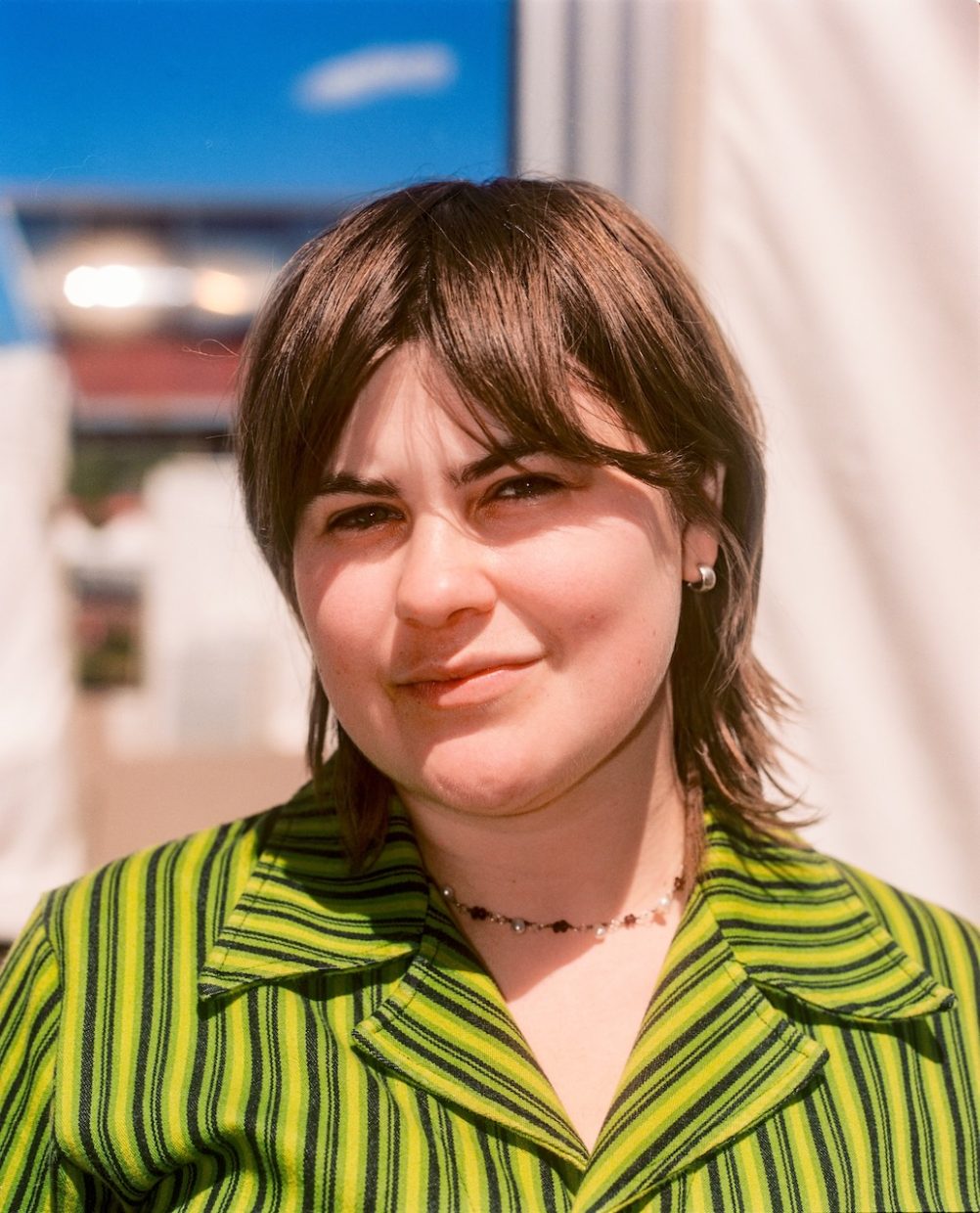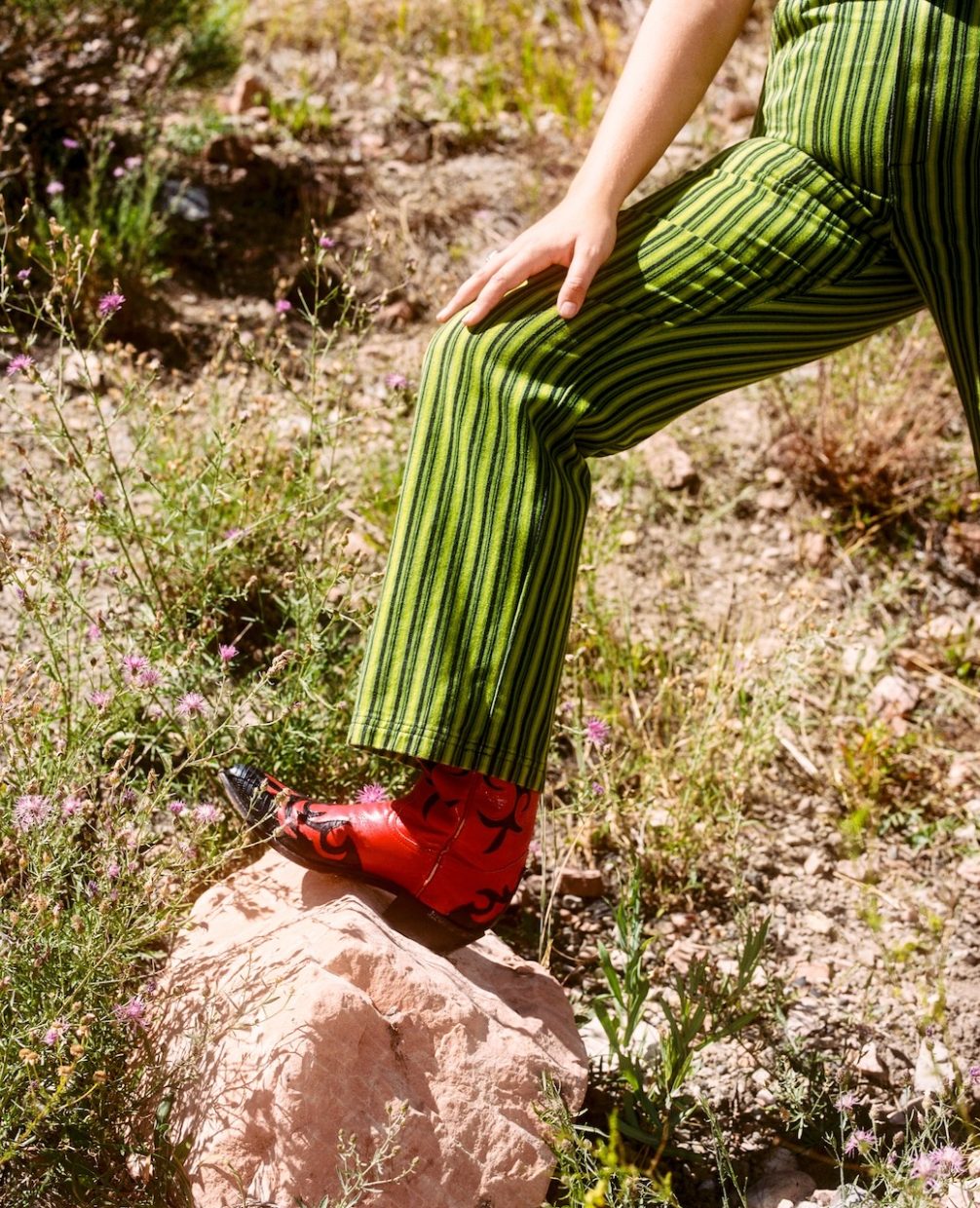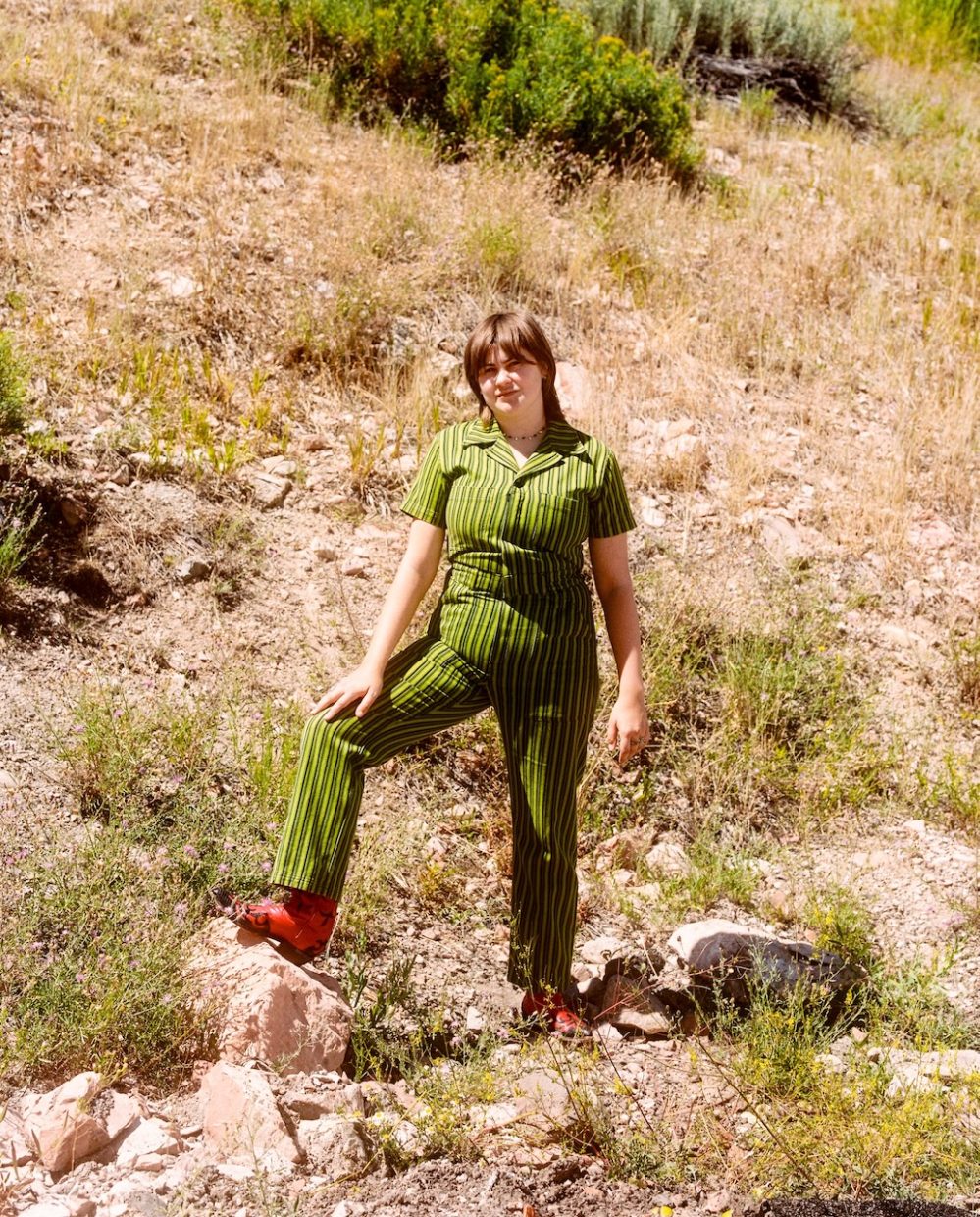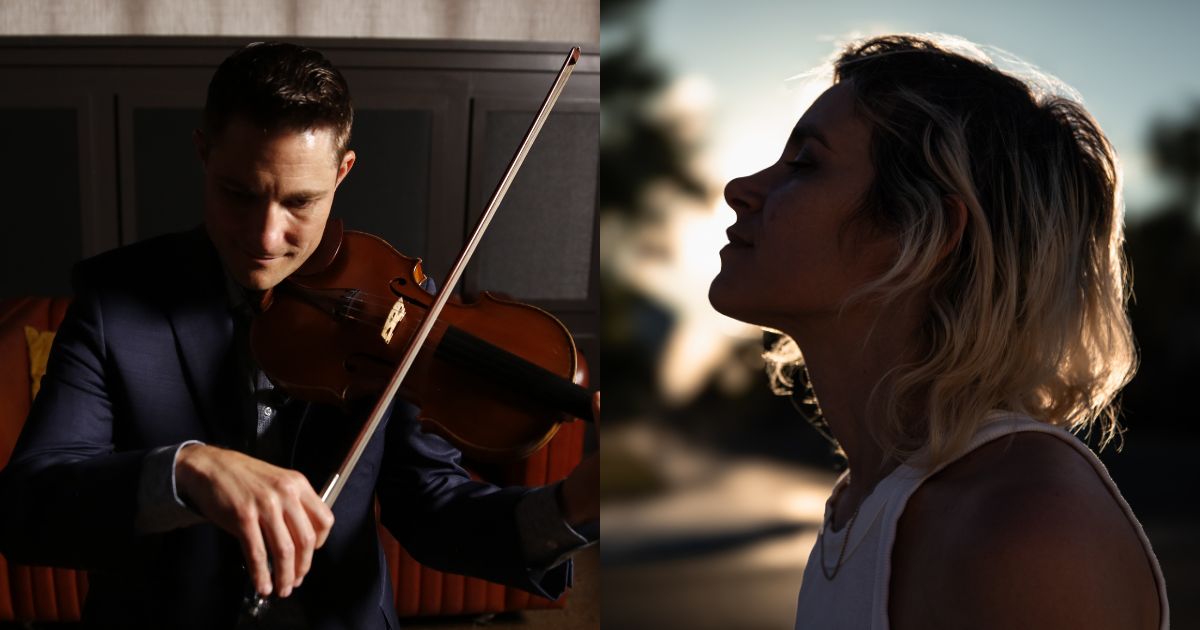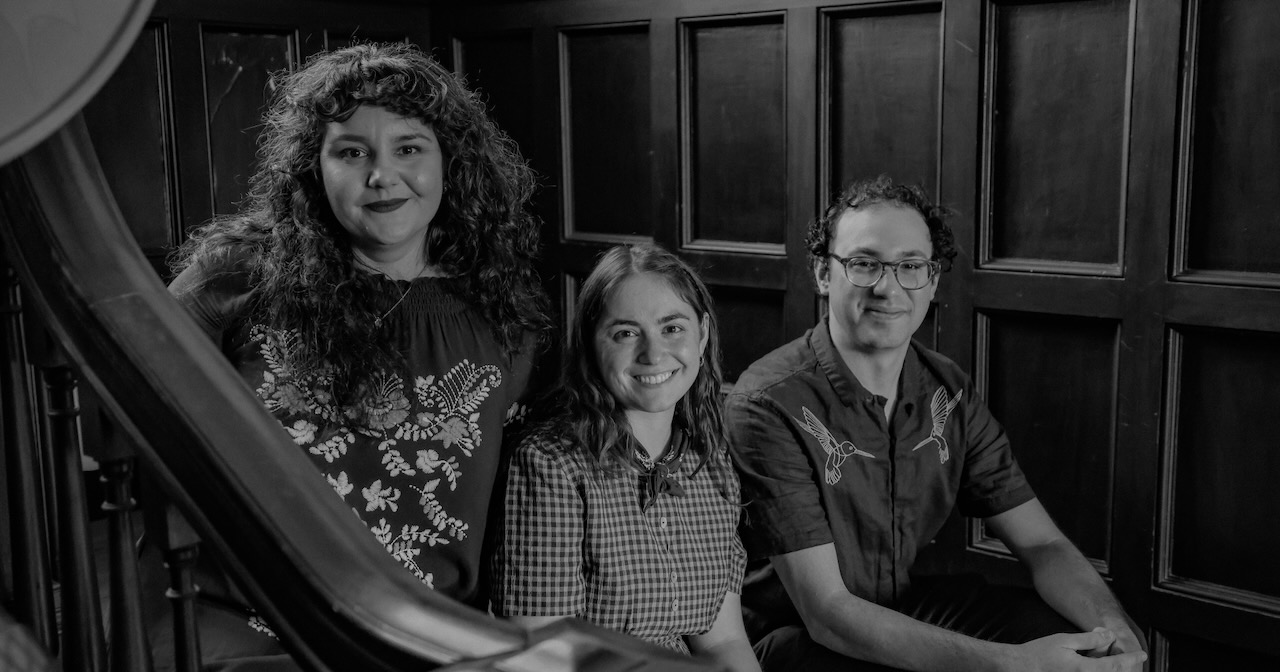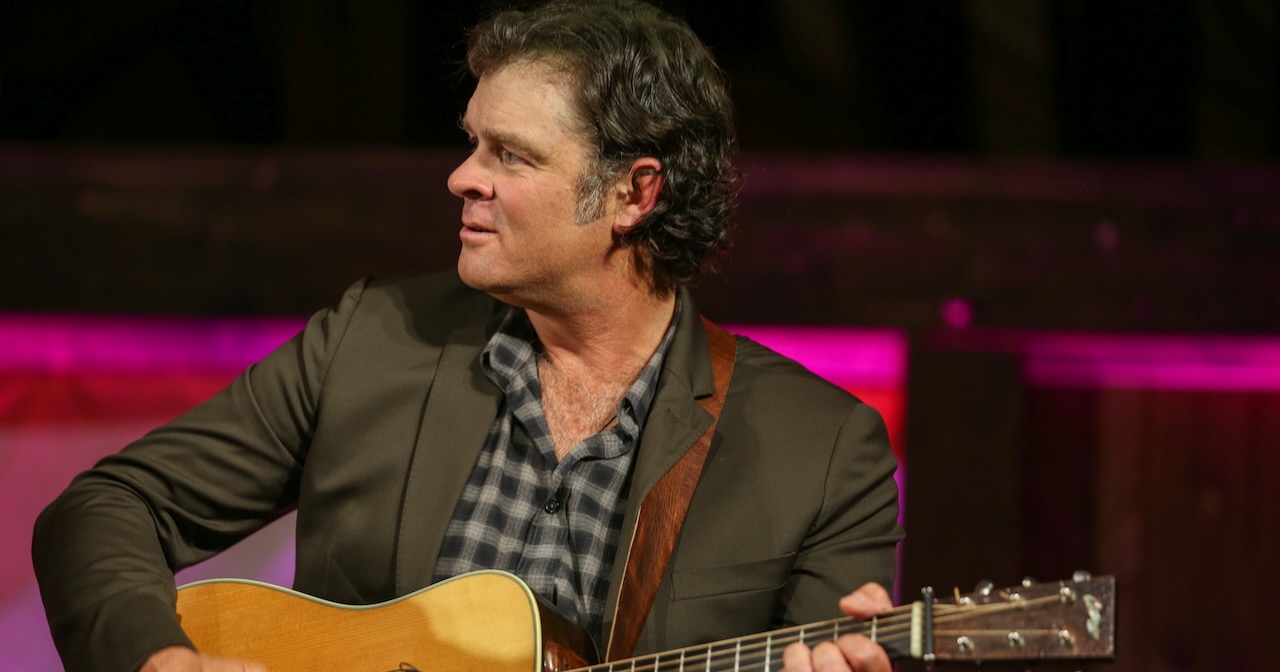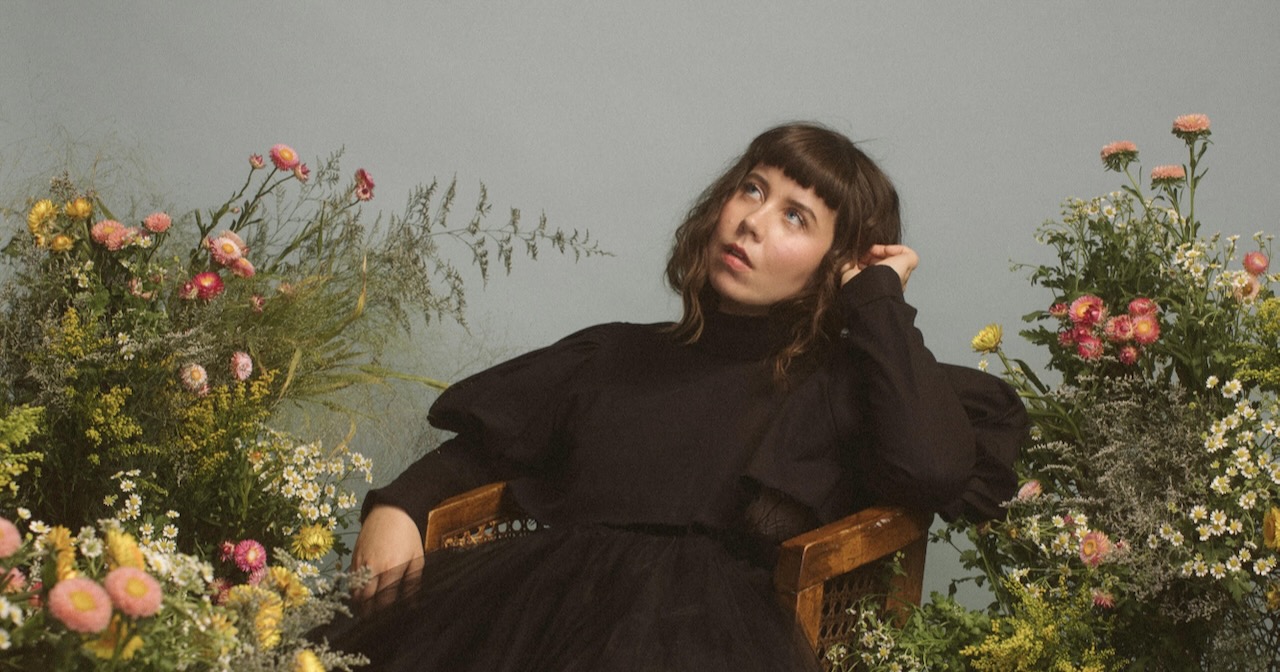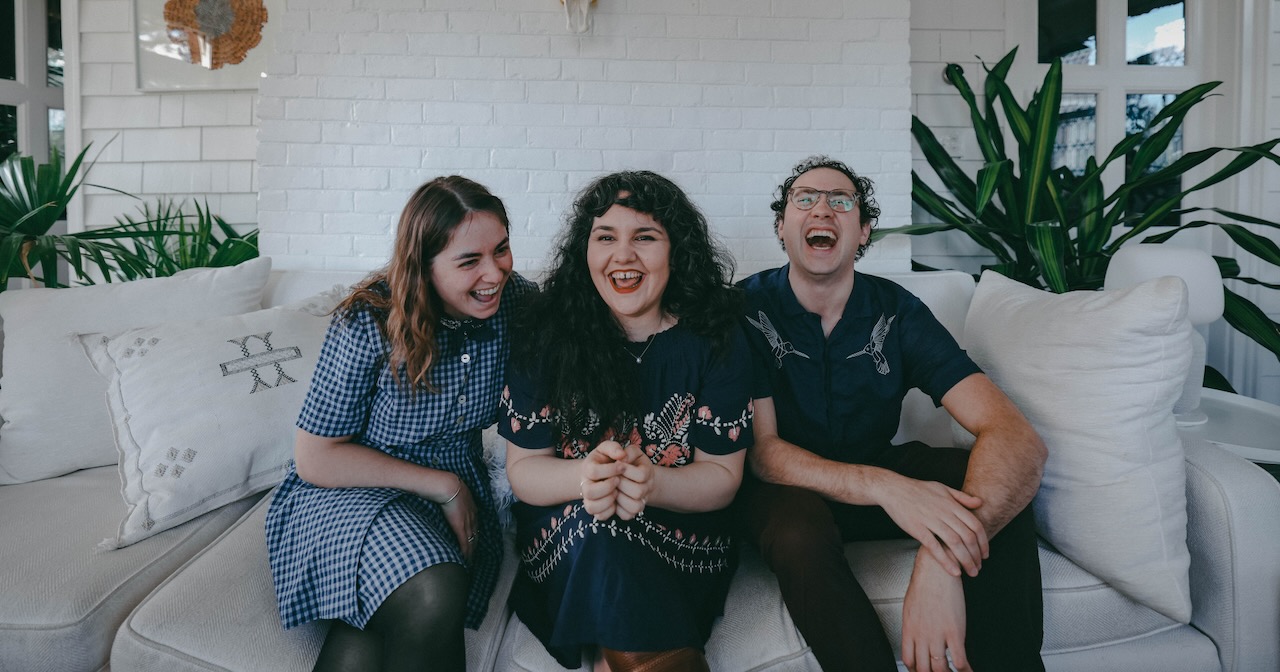It’s a wall-to-wall picture show this week in our premiere round-up! Pop some popcorn, grab some Mike & Ikes, sit back, and enjoy our quintuple feature of new music videos and live sessions from bluegrass, country, and string band artists and groups.
First, the Burnett Sisters Band showcase a lonesome and heart-wrenching number, “Sorrow, Grief and Pain,” with familial harmonies and songwriting by guitarist Geary Allen. Then, we have Caleb Klauder & Reeb Willms performing “Most Lonely Day,” a track from their brand new album, Gold in Your Pocket, that keeps our lonesome, introspective, and emotive video trend going. That vibe is artfully maintained next by bluegrass outfit Wilson Banjo Co., who bring their music video for “Black Wedding Dress” featuring a brand new singer for the group, Brandi Colt.
To cap this week’s collection, we have two final installments for two video series we’ve been running for the last few weeks here on BGS. Our partner series of AEA Sessions with our friends at AEA Ribbon Mics concludes with a handful of songs by singer-songwriter Zach Meadows, and Rachel Sumner wraps up her Traveling Light Sessions with a performance of “Radium Girls (Curie Eleison),” the standout track from her recent album, Heartless Things.
Sit back, relax, and enjoy the show right here on BGS! You gotta see this – and of course, You Gotta Hear this!
The Burnett Sisters Band, “Sorrow, Grief and Pain”
Artist: The Burnett Sisters Band
Hometown: Johnson City, Tennessee
Song: “Sorrow, Grief and Pain”
Release Date: October 10, 2024
Label: Pinecastle Records
In Their Words: “You get ‘Sorrow, Grief and Pain’ when you combine hard-driving traditional bluegrass with Marty Robbins-style country music. When folks would ask us what we were working on, we simply called it a ‘Bluegrass Western.’ Written by our very own guitar player Geary Allen and born at lightning speed, the song tells a story of lost love with a perilous end. The triple fiddles carry the protagonist through a whirlwind of emotions as Anneli Burnett’s piercing lead vocal strikes at the heart of anybody with ears to listen. We loved working with Rebecca Jones on the making of this music video and she did a fantastic job at bringing the song’s emotion alive in her work. We hope our listeners enjoy hearing and watching ‘Sorrow, Grief and Pain’ as much as we enjoyed making it.” – Geary Allen, songwriter, guitar
Track Credits:
Geary Allen – Guitar, banjo, harmony vocals
Anissa Burnett – Fiddle, harmony vocals
Anneli Burnett – Fiddle, mandolin, lead vocals
Sophia Burnett – Bass
Dan Boner – Fiddle
Video Credit: Rebecca Jones
Caleb Klauder & Reeb Willms, “Most Lonely Day”
Artist: Caleb Klauder & Reeb Willms
Hometown: Orcas Island, Washington
Song: “Most Lonely Day”
Album: Gold in Your Pocket
Release Date: November 15, 2024
Label: Free Dirt Records
In Their Words: “Have you ever had one? This song is written as a cautionary tale and is reflective on how things could be bad. Some of these experiences I’ve had, some of them I don’t want to have, as I have already watched my friends go through them. Be thankful for the good things that you have in your life and for the things that are working well.” – Caleb Klauder
Track Credits:
Caleb Klauder – Vocals, mandolin, acoustic guitar
Reeb Willms – Vocals, acoustic guitar
Joel Savoy – Fiddle
Chris Scruggs – Tic tac bass
Walter Hartman – Drums
Dirk Powell – Piano
Video Credits: Filmed by Beehive Productions at the Floyd Country Store in Floyd, Virginia. Recorded live by Joe Dejarnette.
Wilson Banjo Co., “Black Wedding Dress”
Artist: Wilson Banjo Co.
Hometown: Westminster, South Carolina
Song: “Black Wedding Dress”
Release Date: October 22, 2024
Label: Pinecastle Records
In Their Words: “‘Black Wedding Dress’ was a great lead single for the new lineup of Wilson Banjo Co. and for the EP releasing in January. The storyline maintains the dark, edgy undertone that our unique brand of bluegrass has had for the last ten years, while also providing a wide open platform for our fresh new vocalist to the band, Brandi Colt, to show off her range.
“Avrim Topel wrote such a compelling story song and the band had a blast recording and performing it for the video. I couldn’t be happier with the way the band members have dialed in to each other, the music and show just feel next level. We really hope y’all will enjoy it as much as we do!” – Steve Wilson
Track Credits:
Steve Wilson – Banjo
Jaime Carter – Bass, harmony
Brandi Colt – Vocal
Andrew Crawford – Guitar
Adam Bachman – Resonator guitar
Darren Nicholson – Mandolin
Video Credits: Bonfire Recording Studio
AEA Sessions: Zach Meadows, Live at Americanafest 2024
Artist: Zach Meadows
Hometown: From Orlando, Florida; currently residing in Nashville, Tennessee
Songs: “Three White Crosses,” “Cardinal Song,” “Marianne,” “Texas Two Step”
In Their Words: “Since moving to Nashville, I’ve had the opportunity to collaborate with some incredibly talented folks. Having just put out my debut record, Road to Nowhere, getting the chance to share some of my journey through music with AEA and play a bit of the album live with Brandon Bell in the room, who was absolutely so instrumental in helping to bring this record to life, was truly a one-of-a-kind experience.” – Zach Meadows
Rachel Sumner, “Radium Girls (Curie Eleison)” (Traveling Light Sessions)
Artist: Rachel Sumner & Traveling Light
Hometown: Boston, Massachusetts
Song: “Radium Girls (Curie Eleison)” (Traveling Light Sessions)
Album: Heartless Things
Release Date: November 21, 2024 (video); May 10, 2024 (album)
In Their Words: “‘Radium Girls (Curie Eleison)’ is based on a true, terrible piece of United States history – one that I didn’t learn about in any history book. It tells the story of the Radium Girls, young factory workers poisoned by the very material they were told was safe, and their courageous fight for justice. The title juxtaposes scientific progress with a plea for mercy, tying the legacy of Marie Curie to the tragic consequences of her discoveries.
“Performing this song with Traveling Light keeps the arrangement stark and intimate to let the haunting resonance of the story come through. This video is particularly special to me, because I had the chance to play a guitar that one of my songwriting heroes, Josh Ritter, has used to record many of his own epic story songs. It felt like a beautiful connection to the power of storytelling.” – Rachel Sumner
Photo Credit: Caleb Klauder & Reeb Willms by Tristan Paiige; Wilson Banjo Co. by Ethan Burkhardt.
